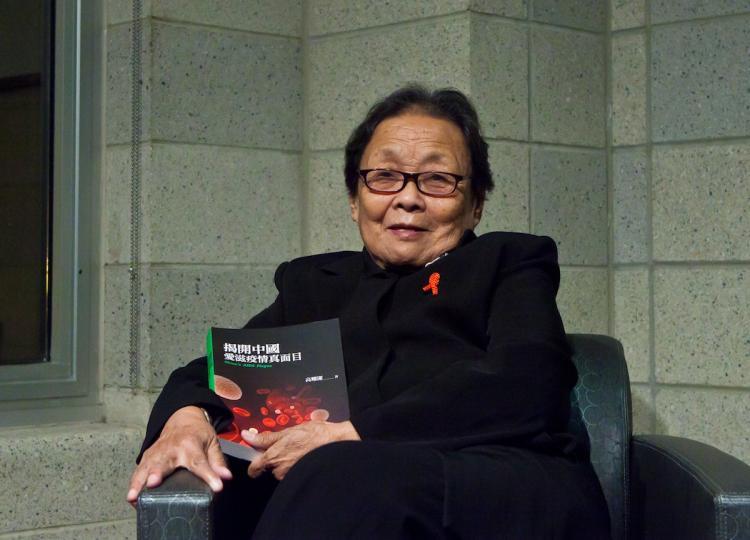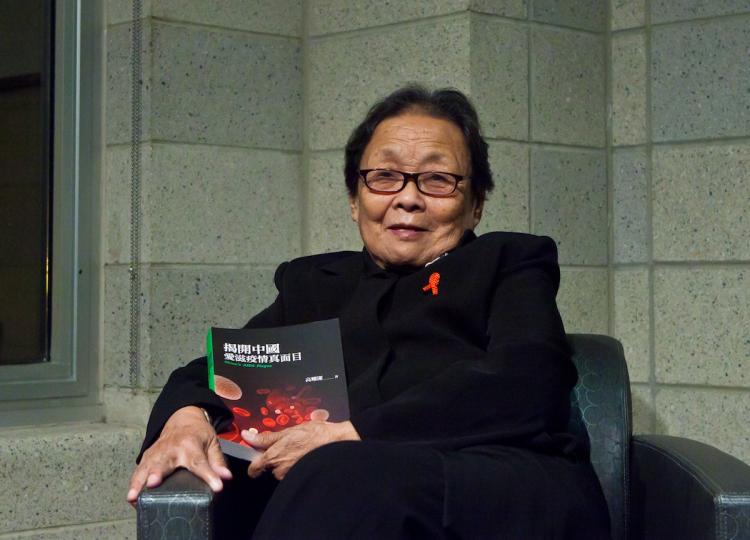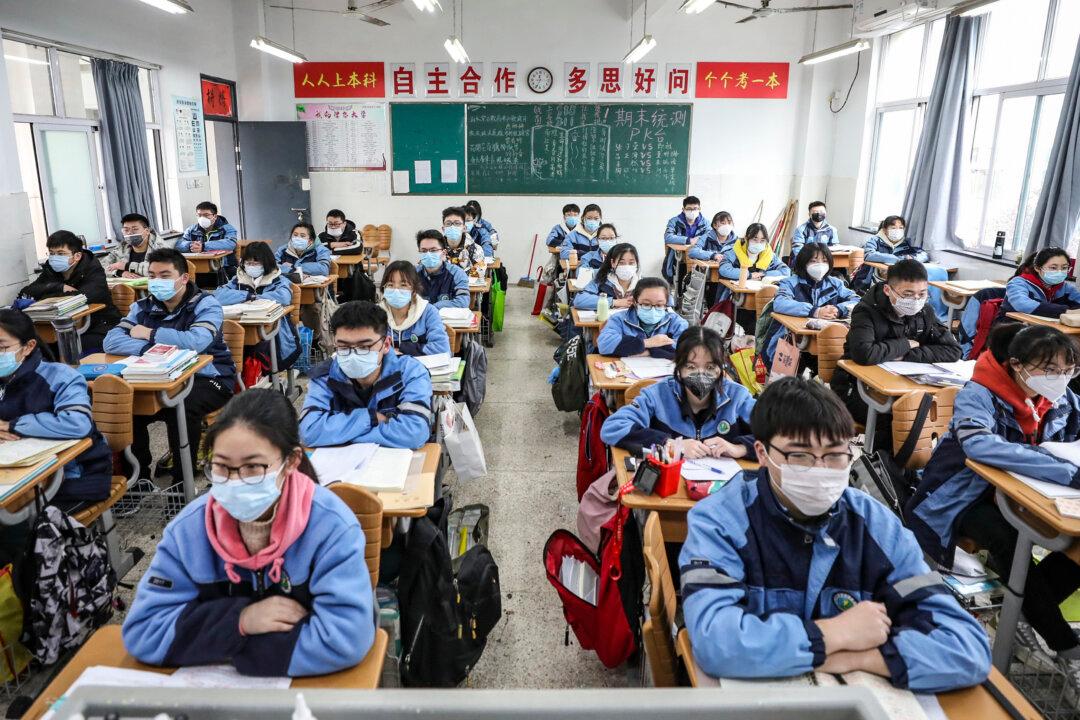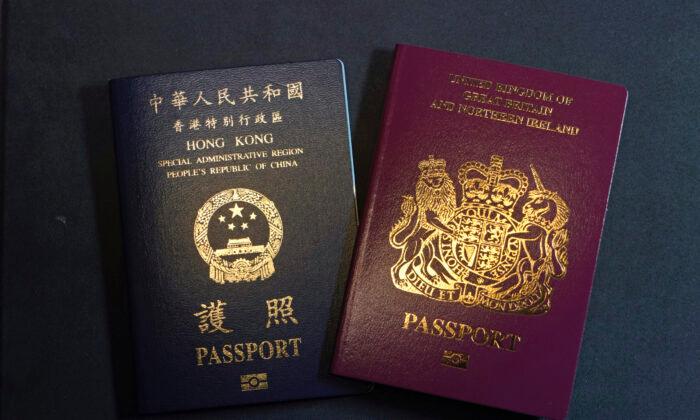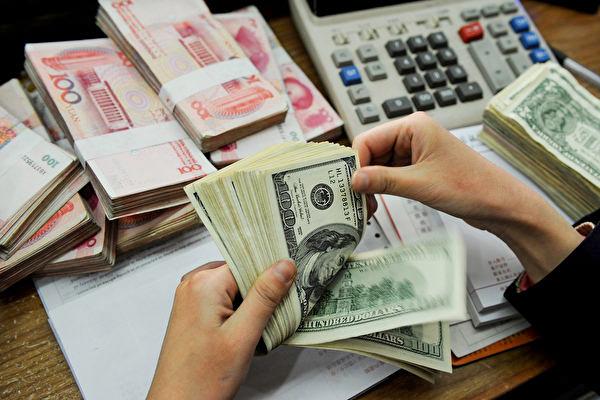AIDS Still Ravages China, New Book Reveals (Video)
A new book by one of China’s foremost AIDS activists paints a picture of human tragedy and how it has been ignored, exploited, and exacerbated by Chinese officialdom
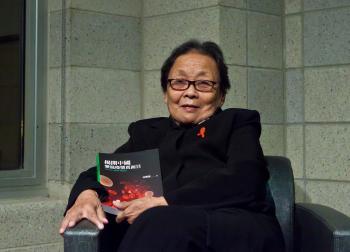
Dr. Gao Yaojie and her new book. Du Guohui/The Epoch Times
|Updated:
